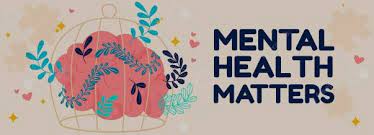In recent years, mental health has garnered significant attention, especially in childhood and adolescence. Platforms like TikTok and Instagram witness teenagers sharing their psychiatric experiences, amplifying conversations around mental well-being.
The Dual Nature of Mental Health Awareness Campaigns
Navigating the Effects
Positive Impact: Mental health awareness initiatives aid in identifying disorders requiring urgent treatment, offering support to those in need.
Potential Pitfalls: However, some researchers caution against the unintended consequences, suggesting that heightened awareness may lead to over-interpretation of symptoms, exacerbating distress.
Assessing School-Based Interventions: Lessons Learned
Surprising Findings
Trials in the UK and Australia: Studies on school-based mental health interventions yielded unexpected results. Despite training in mindfulness and therapy techniques, students did not exhibit significant improvements compared to their peers.
Unforeseen Challenges: In some cases, participants reported worsening mental health outcomes post-intervention, raising questions about the efficacy of such programs.
The Perils of “Self-Labeling” in Youth
A Cause for Concern
Associations with Poor Coping Mechanisms: Recent research from the United States highlights the detrimental effects of self-labeling as having depression or anxiety among young individuals. Such self-identification correlates with ineffective coping strategies like avoidance and rumination.
Striking a Balance in Mental Health Advocacy
While mental health awareness campaigns play a crucial role in destigmatizing disorders and encouraging help-seeking behavior, it is essential to approach these initiatives with caution. Balancing awareness with the risk of over-interpretation is key to fostering a supportive environment for youth mental well-being.




